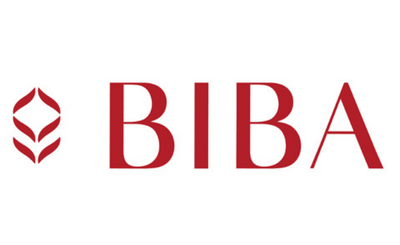 Chasing your dream of becoming an entrepreneur could come at the cost of pushing your other dreams. But, if you plan it well in advance, you may have to make fewer sacrifices. Right from the moment you think that one day you might want to do something on your own, start planning.
Chasing your dream of becoming an entrepreneur could come at the cost of pushing your other dreams. But, if you plan it well in advance, you may have to make fewer sacrifices. Right from the moment you think that one day you might want to do something on your own, start planning.
Firstly, you will need a war chest because starting your own business means you need to be able to focus all your energy into ensuring that your venture is a success. Start by getting the personal front in order. The amount of money you keep for your personal life will give you the freedom to pursue your business.
Budget all your expenses: Ensure you don’t go beyond the budget at all. Don’t give into temptations or splurge. It could mean that for a couple of years, you don’t even take vacations. That’s a small price to pay for the peace of mind and freedom that you’ll get when you have money to take care of a few years of expenses. Delaying gratification could be a game changer here.
Take care of regular expenses: There may be no income for the first few months or years. This is the biggest change from a job and most people underestimate how much it hurts. It helps if there are no EMIs but the reality is most of us have EMIs running. So, ensuring that you have money to last you at least 3 years or 36 months of expenses helps.
Insurance: Ensure you have adequate insurance—health and life. Most people miss taking health insurance as they were covered by their companies and this isn’t the first thing that people think of when they are looking to start something new.
Other goals: There are other goals that might come due in the time when your business is new—like children’s education or buying a home or car. Postpone the goals that you can. If it is children’s education, which you cannot move, ensure you have built this as a component in your war chest.
Single working member or both working members: If the sole bread earner is starting a business, it needs more preparation. However, if one of them still has a job and one is pursuing a business, things become easier. The war chest doesn’t need to be that much, and can be half of it.
Having an emergency fund: This is a part of your war chest which you might need if something were to go wrong or something unplanned came up. An emergency fund would give you the peace of mind that you are ready for anything.
Wait: One of the most important things before you start the business is to wait—wait till you’re ready, wait till the idea sticks with you for a while and that you’re not leaving everything you built until then on a whim.
Say your monthly expenses are Rs.50,000 including any EMIs and rent, ensure you keep close to Rs.20 lakh with you before you start your business—Rs.18 lakh plus Rs.2 lakh for emergencies. This will include all the premiums you need to pay for your insurance policies, too. Ensure you have this amount and only then start your business especially if you are the only working member.
Business: The business itself is a risky affair but it helps if you have your personal finance in order because you aren’t worried about what happens to your family if the business doesn’t do well.
Capital for the business: how and how much are you investing in your business? This is a critical question that needs to be thought of. If you are putting your own money, it means you should have saved up for this, too.
1.Working from home and then moving to co-working spaces: One of the ways to keep costs minimum is to start by working from home and then moving to co-working spaces, where the costs are lower than having your own office. But that’s not the only advantage. In the initial years of business, you could be working by yourself and sitting alone could make you feel lonely and depressed. It helps if you have people around.
2.Plan B: What happens if the business doesn’t succeed within 3 years? Will you get back to a job? These are things that need to be thought about and discussed. It is important because once you are out of the job market for a few years, things change and you may have to go back a few steps to restart your career.
3.Allocating resources: One of the most underrated traits of a successful founder is to ensure that the resources are allocated efficiently. Don’t overspend on marketing just because others are doing it and don’t get disheartened if you are not able to grow in the first few years. Perseverance pays.
For people looking to start their own venture, keep in mind these two things: one, your lifestyle doesn’t change after the business; so don’t feel like you are sacrificing something for your business and second, save more.
Shweta Jain is certified financial planner, CEO and founder, Investography Pvt. Ltd
The development was reported by livemint.com






